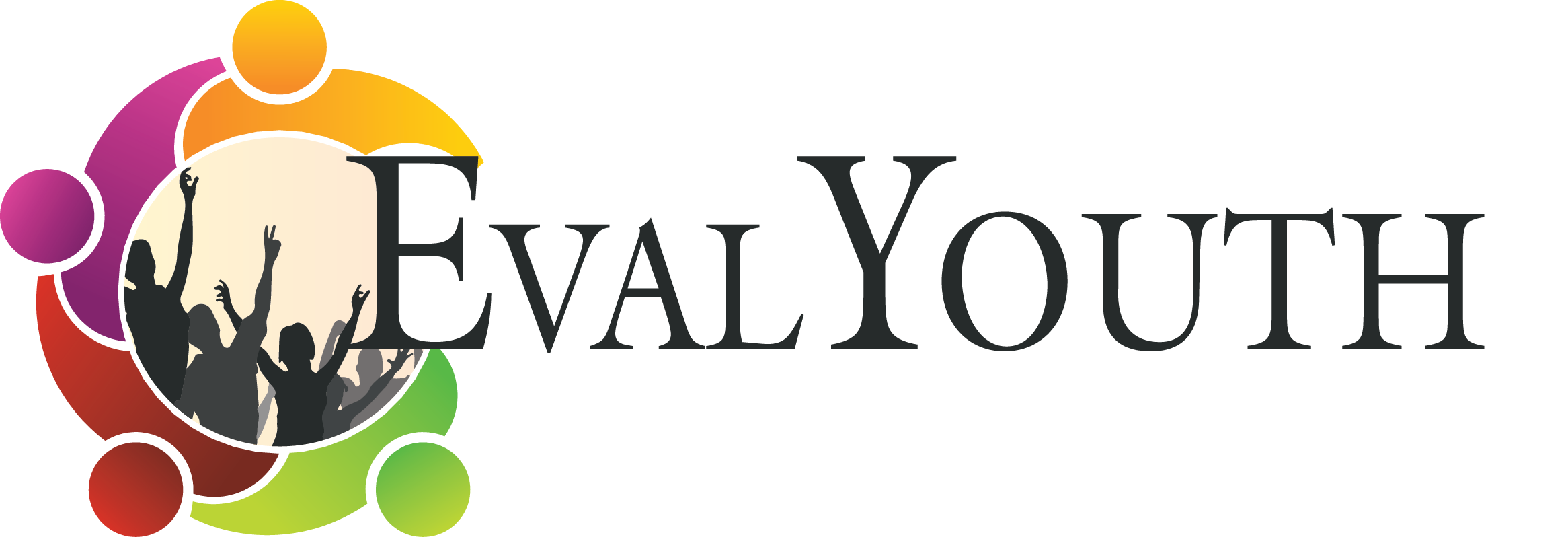Leadership
Vacant
Co-Chair

Marethabile Maseela
Co-Chair
Vacant
Secretariat
Mission/Strategy
Evaluators receive extensive training on how to rigorously measure a program’s success, but few evaluators have done work on youth, or know how to meaningfully involve young people in conducting evaluations. The goal of TF4 is to show that children and teenagers can play a role in evaluation processes. The act of engaging young people in M&E processes is considered an evaluation approach, a method, and even has a name – “Youth Participatory Evaluation” (YPE). With this Task Force, EvalYouth is extending its mandate from supporting young evaluation professionals – the suppliers of evaluation – to supporting young people in general – the beneficiaries of evaluation. We are doing this because we believe that young evaluators are especially well placed to advocate for their young peers and for more inclusive evaluation approaches, becoming YPE champions.

What isn’t the focus of TF4?
As opposed to other Task Forces where EvalYouth is focused on the professionalization of YEEs through mentoring, events, webinars, and other resources, this Task Force is designed to promote a very specific type of evaluation approach – YPE. In other words, in TF1-TF3, the ultimate beneficiary is the student or young professional who is looking for ways to grow his/her evaluation career, or the senior professional who wants to change careers to start working in evaluation. In TF4, the ultimate beneficiaries are children, teenagers, and young adults in general, whom we expect evaluators to consult and involve when carrying out field evaluations.
What is youth-participatory evaluation (YPE) concretely?
YPE describes an approach where young people are engaged in evaluating the programs, organizations, and systems designed to serve them. YPE defines the act of involving children, teenagers, and young adults during an M&E activity. It is about ensuring that young people have a voice on issues that affect their lives, and that they contribute to developing knowledge about their community that can be shared and put to use. There are different models of YPE: while some have evaluations completely driven by youth, others describe evaluation processes conducted by youth in partnership with senior evaluators.
Vision
A world where children, teenagers, and young adults actively contribute to monitoring and evaluating policies, organizations, programs, and projects
Mission
To gather young evaluators in the promotion of inclusive M&E practices that give voice to young people – Youth Participatory Evaluation (YPE).
Objectives
- Contribute to raising global awareness about the importance of YPE;
- Equip evaluators and researchers with the necessary skills to involve young people in their work and practice YPE.
Activities
During 2020, the group is mostly focused on advocacy activities. During this year we expect to contribute to:
- Raising awareness on the definition and importance of Youth Participatory Evaluation (YPE).
- Helping prepare different audiences for an upcoming YPE guidebook we are developing with UNFPA.
- Adjusting the upcoming YPE guidebook to the current needs of YEEs and other stakeholders interested in YPE.
